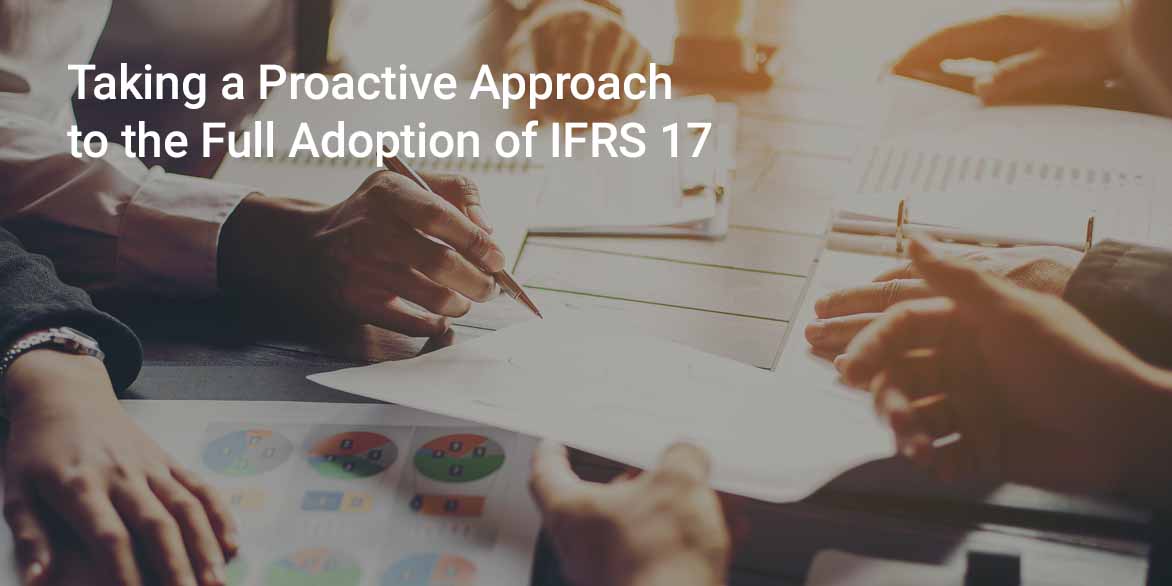IFRS 17, which is being fully adopted in 2023, is the new financial reporting standard for insurance contracts. Applying this standard has been a major task for the insurance industry over the last few years. Korean Re began its IFRS 17 journey in July 2017 through an internal IFRS 17 taskforce team. The first project started in 2018 to establish a Master Plan, after which we launched a new financial reporting system in 2020, with system implementation projects following through until 2021. A major upgrade of the accounting system was completed in time to start accepting coinsurance business in 2022.
We subsequently conducted multiple parallel runs to analyze financial impacts and plan out a transition approach. Throughout 2022, we focused on a smooth transition to the new system, and our preparation was completed in the fourth quarter of the year, followed by our engagement with an external auditor through an IFRS 17 pre-audit. Korean Re is now going live with IFRS 17, and new financial statements are being disclosed starting from the first quarter of 2023.
The new accounting standard introduces “fair value” in the measurement of liabilities, and understanding the difference between the old and new standards is very important for both the management and underwriters. We have held internal workshops and educational sessions, and transition impacts and results from parallel runs have been shared internally. We have also been making enhancements to our underwriting policy and pricing process by taking into consideration the long-term financial impacts of IFRS 17.
IFRS 17 will have a significant impact on the insurance industry in Korea. While many insurers face challenges regarding capital management, our balance sheet impacts will be limited, and Korean Re is rather expected to benefit from more business opportunities.


